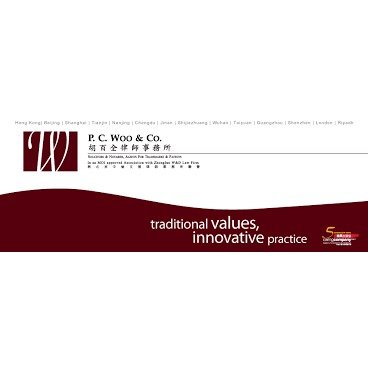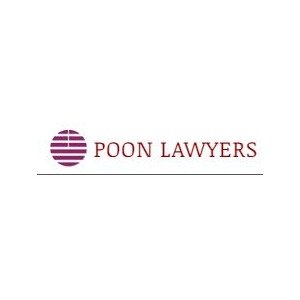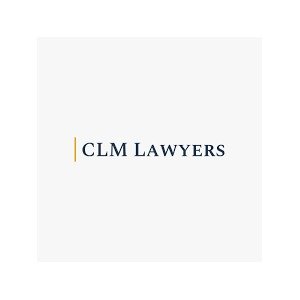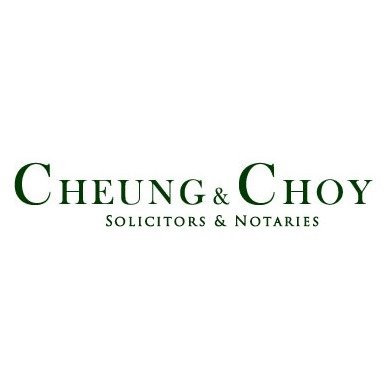Best Land Use & Zoning Lawyers in Central
Share your needs with us, get contacted by law firms.
Free. Takes 2 min.
Free Guide to Hiring a Real Estate Lawyer
List of the best lawyers in Central, Hong Kong
About Land Use & Zoning Law in Central, Hong Kong
Land use and zoning law in Central, Hong Kong, is a complex sector that governs how land and properties are used across the city center. This area of law includes regulations for land development, its conservation, and how buildings are constructed on it. The main purpose is to maintain a balanced environment and due process in urban development. Such laws also restrict specific types of businesses from operating in certain zones and limit the scope of structures in others.
Why You May Need a Lawyer
Confronting issues related to land use and zoning in Central, Hong Kong, usually requires the service of a professional lawyer. Individuals or businesses may need a lawyer for a variety of reasons such as: getting permissions for land development, handling disputes regarding land use, dealing with building code violations, applying zoning laws to land transactions, or to protect their rights in cases of government taking of private property.
Local Laws Overview
Major laws applicable to land use and zoning in Central, Hong Kong, include the Town Planning Ordinance, the Buildings Ordinance, and the Land (Miscellaneous Provisions) Ordinance. The Town Planning Ordinance guides the general land use planning, the Buildings Ordinance regulates the construction standards, and the Land (Miscellaneous Provisions) Ordinance governs the miscellaneous aspects related to land development processes.
Frequently Asked Questions
What is a zoning ordinance?
A zoning ordinance is a law that specifies how certain zones or areas of land can be used. These laws are designed to protect the overall quality of life for residents and the regions' natural resources.
How can zoning affect a business?
Zoning restricts where businesses can be located. Certain types of businesses may only operate in particular zones, such as industrial or commercial zones. Also, zoning laws can impact the type and size of signage a business can use, impacting its visibility.
What is land use planning?
Land-use planning is a tool for managing land development. Its goal is to strike a balance between environmental protection, social equity, and economic prosperity. Professionals in this field include urban planners, architects, developers, and lawyers.
Can a property's zoning be changed?
Yes, property zoning can potentially be changed. In Hong Kong, the process involves submitting an application to the Town Planning Board. However, it is a complicated process that should be guided by a professional land use and zoning lawyer.
How to resolve disputes related to land use?
Navigating land disputes can be complex. Hiring an experienced land use and zoning lawyer can provide guidance. Lawyers can negotiate on your behalf, represent you in court, or help you navigate the legal process with government entities.
Additional Resources
The Real Property Law Section of the Hong Kong Law Society, the Hong Kong Institute of Surveyors, and the Planning Department of the Hong Kong SAR Government all have resources related to land use and zoning. They provide up-to-date information on Hong Kong's land and zoning laws, clarifications on specific regulations, and professional advice on land dispute resolution.
Next Steps
If you need legal assistance related to land use and zoning in Central, Hong Kong, consider hiring a professional land use and zoning lawyer. You first need to identify your specific needs, collect all the relevant documents, and then find a lawyer experienced in your needed area. After consulting with a lawyer, you can then proceed as advised. This may involve communicating with government authorities, preparing for a court case, or engaging in negotiations.
Lawzana helps you find the best lawyers and law firms in Central through a curated and pre-screened list of qualified legal professionals. Our platform offers rankings and detailed profiles of attorneys and law firms, allowing you to compare based on practice areas, including Land Use & Zoning, experience, and client feedback.
Each profile includes a description of the firm's areas of practice, client reviews, team members and partners, year of establishment, spoken languages, office locations, contact information, social media presence, and any published articles or resources. Most firms on our platform speak English and are experienced in both local and international legal matters.
Get a quote from top-rated law firms in Central, Hong Kong — quickly, securely, and without unnecessary hassle.
Disclaimer:
The information provided on this page is for general informational purposes only and does not constitute legal advice. While we strive to ensure the accuracy and relevance of the content, legal information may change over time, and interpretations of the law can vary. You should always consult with a qualified legal professional for advice specific to your situation.
We disclaim all liability for actions taken or not taken based on the content of this page. If you believe any information is incorrect or outdated, please contact us, and we will review and update it where appropriate.
















